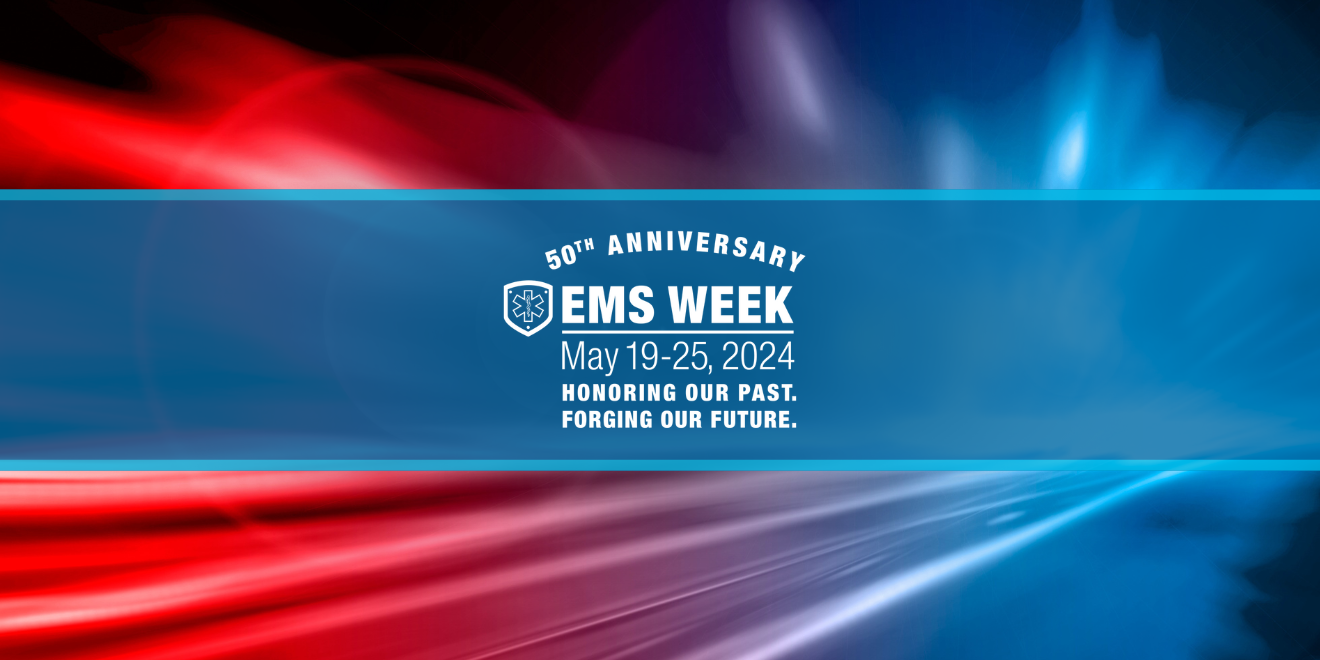Insider Tips for a Smooth Medical Credentialing Process | Medicus

Medical credentialing is a crucial aspect of maintaining high standards of safety and patient care. Credentialing is the process of verifying practicing physicians’ and advanced practitioners’ professional records to confirm they are qualified to practice medicine. The process may include assessing and validating their work history, education, training background, licensure, board certifications, insurance, and more. The credentialing requirements are established by the healthcare facility to ensure their patients receive the highest level of care from qualified healthcare professionals.
Regardless of whether physicians and advanced practitioners will be employed full-time or on a locum tenens basis, credentialing must be completed. For every procedure physicians and advanced practitioners perform, and for every piece of equipment they use, they must be certified – and, in turn, each certification must be verified.
Medical Credentialing: What to Know to Keep the Process Moving
When it comes to medical credentialing, it is important to know that every healthcare facility and state is different. The number of credentialing requirements may range; for example, some healthcare facilities require school transcripts to be sent directly from the issuing institution, while others may accept a scanned copy of a diploma. The most important thing is to be organized. The Medicus Credentialing team has compiled five important tips for you that will ensure a smooth credentialing process.
Know your CV and be honest about your background.
You should have a strong understanding of your CV; this includes being able to explain or account for any gaps. Knowing the chronological order of your work history will help the organization credentialing you to piece together the complete story of your career. In addition, if you know your name will be mentioned in a malpractice deposition, share that on the front end with your staffing partner in full detail. More support can be provided when information is shared in advance versus retroactively after being discovered.
Some information cannot be reused.
Every management services organization (MSO) has its own credentialing process and requirements. Not only are they not all the same, but the same information cannot always be reused. For instance, when physicians and advanced practitioners are credentialed in New York, the same references, affiliations, and verifications cannot always be used in another state. As the third party facilitating the credentialing process, Medicus does not have any control over what can and cannot be reused; however, we will be able to help you seamlessly navigate through the process.
Stay organized with your documentation.
To help move your credentialing process along, be prepared to have complete documentation and accurate information. It is a great idea to store copies of proof of training, including residency and fellowship, medical school diploma, board certifications, DEA certifications, ACLS, medical licenses, references, and vaccinations.
Fingerprint and background check processes have changed.
Fingerprints and background checks are a staple in credentialing physicians and advanced practitioners, but it is important to know that these services have changed as a result of COVID-19. It used to be that almost every police station, town clerk’s office, and other county support services functions would provide fingerprinting and background check services. This, however, is no longer necessarily the case. Before venturing to get your fingerprint and/or background check, first call to confirm your area still offers these services. In addition, make sure to confirm the location offers the required fingerprint method of the healthcare facility you are being credentialed for – some require wet fingerprints, while others accept a scan.
Know that there will be immunization requirements.
Immunization records and requirements have always been part of the medical credentialing process. Different facilities require certain vaccinations. As the third party facilitating the credentialing process, Medicus does not have a say in what vaccines are or are not required.
One of the many benefits of working with a company like Medicus is that we are a partner to physicians and advanced practitioners in the credentialing process and serve as a shepherd for each facility’s requirements. We store what information we can reuse for future assignments and function as a secure, central repository for the personally identifiable information (PII) that facilities need to credential a new physician or advanced practitioner. We streamline the credentialing process and optimize the gathering of information in whatever format or context that is required.
The team of Medicus coordinators is highly skilled in physician and advanced practitioner credentialing and can make getting back to work, starting a new full-time position, or working as a locum tenens easier. If you are interested in learning more about Medicus or have a specific question about credentialing, please get in touch with us.


